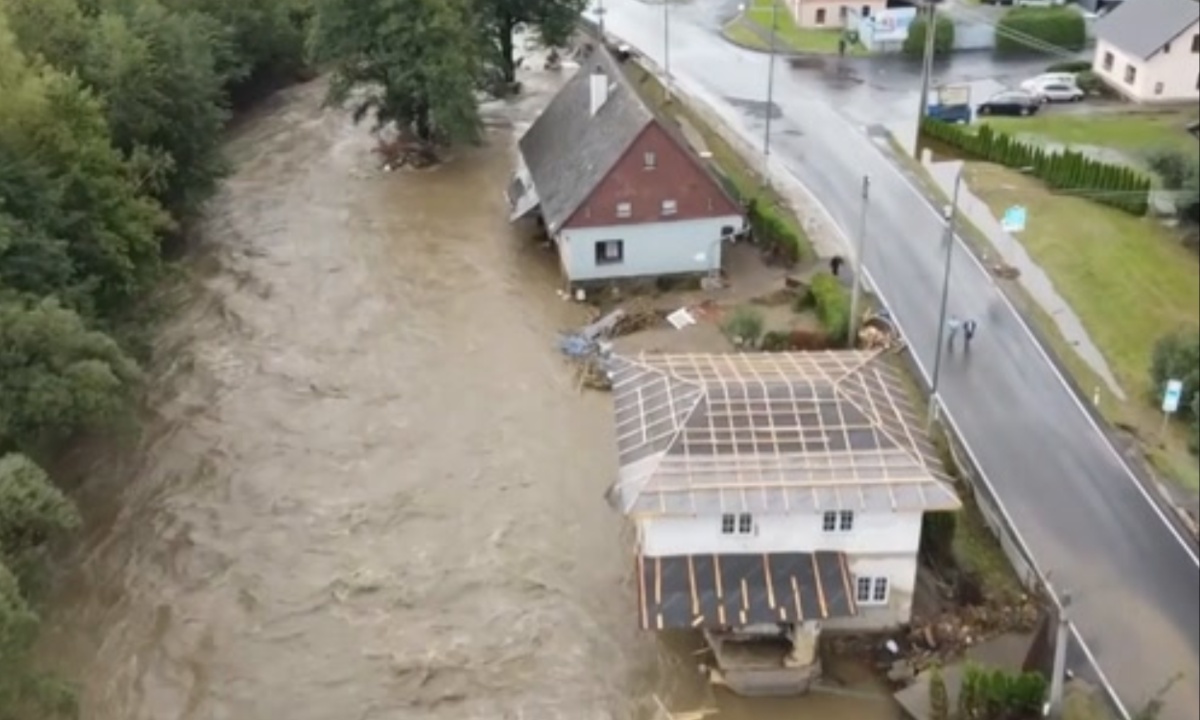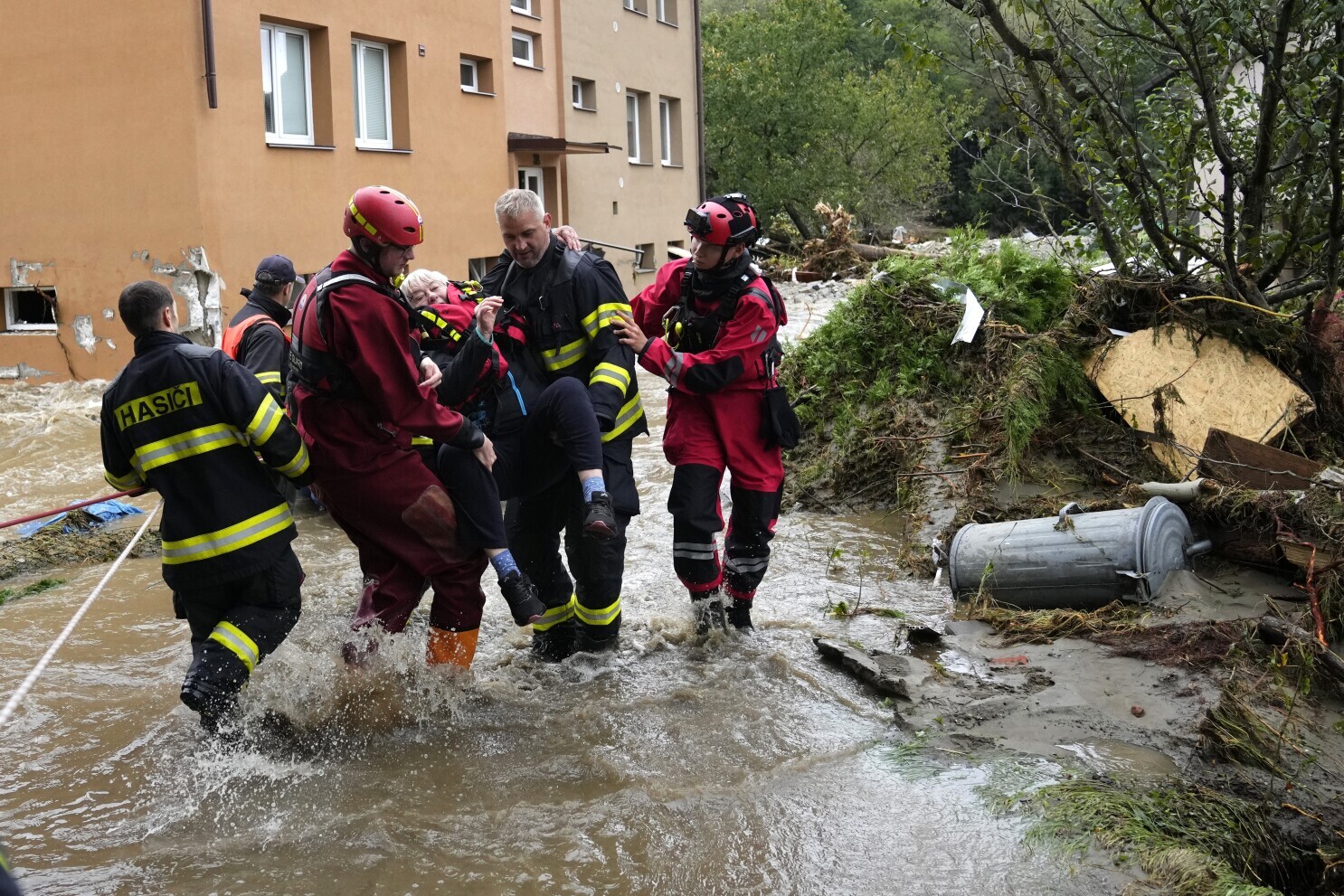The recent catastrophic flooding across Central Europe, driven significantly by climate change, highlights a troubling future for the continent, which is currently experiencing the fastest warming globally. Storm Boris wreaked havoc in several nations, including Poland, the Czech Republic, Romania, Austria, and Italy, resulting in at least 24 fatalities and causing billions in damages.
The World Weather Attribution (WWA) group reported that a four-day deluge marked the highest rainfall ever recorded in the region, with climate change doubling the likelihood of such extreme events. Fortunately, accurate weather forecasting allowed some areas to prepare effectively, helping to prevent an even higher death toll.
Storm Boris’s extreme rainfall, while currently rare, is expected to become more frequent and severe as global temperatures rise. Scientists estimate that such rainfall events occur once every 100 to 300 years under present climate conditions. The WWA warns that if global warming reaches 2°C, the frequency of similar events could increase by 50%, along with a 5% rise in intensity.

Catastrophic Flooding in Central Europe Signals Alarming Future Amid Climate Change Challenges
This alarming trend is already observable, with the Earth’s climate having warmed by about 1.3°C due to greenhouse gas emissions. Climate expert Friederike Otto underscored that the extreme weather patterns seen during this storm are clear manifestations of ongoing climate change.
Europe has been experiencing rapid climatic changes, becoming the fastest-warming continent. According to the Copernicus climate service, the last five years have seen average temperatures rise by approximately 2.3°C compared to the late 19th century.
This warming is associated with more frequent and intense heat waves as well as extreme rainfall, particularly affecting northern and central regions. The underlying mechanism is straightforward: warmer air can hold significantly more moisture, about 7% for every 1°C increase, resulting in heavier rainfall during storms.
The excessive rainfall from Storm Boris was also influenced by “stalling” weather patterns, where the atmospheric conditions can trap weather systems over a specific area for extended periods.
While the connection between climate change and such stalled systems remains under investigation, it is clear that any stalled weather patterns in a warmer climate can carry more moisture, intensifying rainfall events. Richard Allan, a climate science professor, noted that emissions of greenhouse gases enhance the severity and volume of rainfall during these weather events.
Despite the substantial challenges posed by increasingly severe flooding, advances in weather forecasting have improved preparedness. In this instance, early warnings helped mitigate the potential death toll, contrasting sharply with previous major floods in 1997 and 2002. Countries have invested in flood defenses, learning from past disasters, but experts warn that ongoing temperature increases and extreme weather may compromise these protections.
To address future flood risks, scientists stress the importance of reducing greenhouse gas emissions. Dr. Francesco Dottori highlighted that adhering to the Paris Agreement’s target of limiting warming to below 1.5°C could cut future flood damage by half, whereas failure to act will only exacerbate the intensity and frequency of such catastrophic events.











































